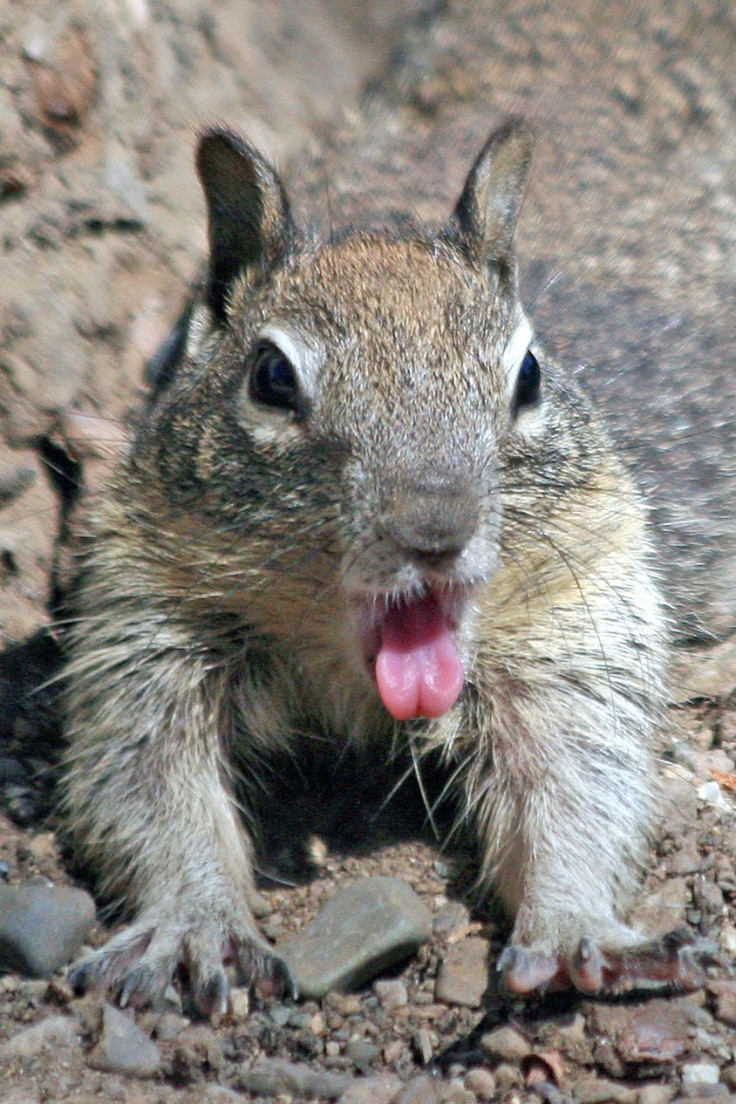Bubonic Plague Detected in Squirrel Found Dead at California Campground

Deadly plague bacteria was discovered in a ground squirrel carcass at a popular Southern California campground.
Officials said Tuesday that tests revealed that the squirrel had been exposed to fleas infected with the bacteria that can cause plague, and that the latest case was the first discovery of the plague in Riverside Country, California in more than a decade.
Plague is caused by the ersinia pestis bacteria, and rodents like squirrels and rats get infected with the plaque after being bitten by infected fleas. Authorities said that the infected squirrel was found during a routine test of a squirrel from Fern Basin campground north of Idyllwild, located in the San Jacinto Mountains.
Officials had collected the infected squirrel on September 6 and confirmed the plague results Tuesday. However, officials were quick to stress that the danger to campers and hikers is low.
"We don't want to incite panic. We just want everybody to be educated," county Department of Environmental Health spokeswoman Dottie Merki told City News Service. Officials say that that the infected squirrel had low levels of the bacteria, and that the campground remains open.
"We normally only close the campground if there is a high level of antibodies in the system and a high level of fleas," said Merki, according to the Riverside Press-Enterprise. In 2000 health officials shut down two campgrounds after plague was discovered in the San Jacinto Mountains.
Plague pandemics like the Black Death in the 14 century killed tens of millions of people across Europe and Asia, but today cases of plague infection are rare.
According to the U.S. Centers for Disease Control and Prevention, people can get infected from handling an infected animal or from being bitten by a rodent flea carrying the bacterium. While plague can cause serious illness or even death, patients can usually make a full recovery with prompt antibiotic treatment.
Health officials in Riverside County said that while the risk of transmission to humans is small, people should still take proper precautions like avoiding contact with squirrels and other wild animals, avoid feeding or touching animals, avoid touching dead animals, avoid resting or camping near animal burrows and protecting pets by leaving them at home or keeping them on a leash and using flea-control methods.
Published by Medicaldaily.com



























